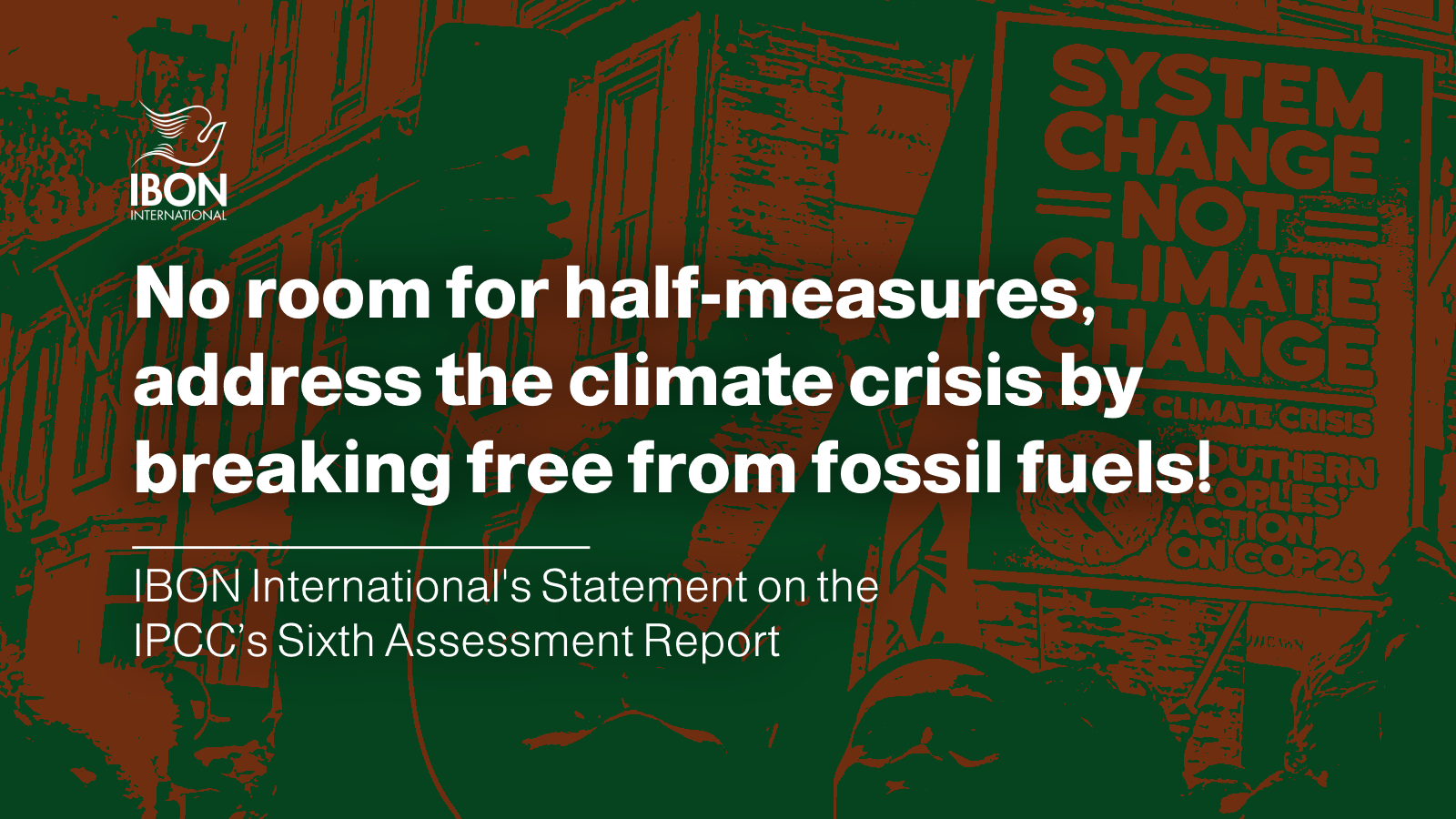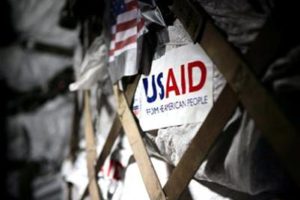What needs to happen in the near-term is a rapid, deep, and sustained reduction of GHG emissions based on a fair and equitable use of the remaining carbon budget. This means countries with the highest historical accumulation such as the United States and European countries should take the lead in reducing emissions.
Days ago, the Intergovernmental Panel on Climate Change (IPCC), the foremost scientific body of the UN on climate change, released the Synthesis Report of its sixth assessment cycle (AR6). The report issues a strong rebuke: we are not doing enough. At present, even if countries curb their greenhouse gas (GHG) emissions consistent with their Nationally Determined Contributions (NDC), modelled pathways indicate an overshoot of the 1.5°C warming limit. Similarly, a net-zero pathway that relies on the deployment of carbon capture technology, geoengineering, or market forces would still be insufficient to meet the scale of carbon dioxide needed to be removed from the atmosphere and within the timeframe required. It also provides more leeway for the Global North and its corporations to continue business-as-usual and greenwash their way out of accountability.
As the report suggests, what needs to happen in the near-term is a rapid, deep, and sustained reduction of GHG emissions based on a fair and equitable use of the remaining carbon budget. This means countries with the highest historical accumulation such as the United States and European countries should take the lead in reducing emissions. Moreover, AR6 specifically signalled the transition away from fossil fuel extraction and consumption as the cornerstone of any and all mitigation strategies. Achieving this would require a fundamental rethinking of current energy systems, land use, infrastructure, transportation, and industrial processes to ensure they are decarbonised based on a real zero[1] pathway.
By extension, failing to mitigate emissions means climate change will have more pronounced impacts on frontline communities and ecosystems. As AR6 highlighted, every increment of warming corresponds to more frequent and severe heatwaves, droughts, floods, storms, and other climate hazards. The onset of these hazards deepens adaptation gaps across sectors and regions, with the largest gaps among lower-income groups. “Adaptation options that are feasible and effective today will become constrained and less effective with increasing global warming,” the IPCC adds.
Even if the world manages to revert temperatures after going past the warming limit, the impacts of climate change would have already led to irreversible losses and damages, especially in regions in the Global South that have high vulnerability to climatic hazards. The report mentioned that human mortality from climate hazards multiplied 15 times between 2010 and 2022, as climate change exacerbates food insecurity, physical and mental health risks, and the loss of livelihoods and culture. Southern countries that rely on sectors sensitive to climate impacts, such as agriculture, forestry, fisheries, and tourism, are especially prone to economic decline in the wake of extreme weather events.
Alarmingly, despite these findings, public and private finance flows for fossil fuels overtake those for mitigation and adaptation. AR6 underscored that building resilience against climate hazards and preventing further loss and damage would require scaling up financial and technological transfers, including access to them, to meet the ever-growing needs of vulnerable countries’ mitigation and adaptation measures. This amounts to developed countries contributing their fair share and providing restitution for their colonial and neocolonial exploitation of the Global South that has rendered Southern countries vulnerable to climate impacts.
AR6 is a reminder to policymakers that the time for half-measures is long over. As the IPCC puts it, “there is a rapidly closing window of opportunity to secure a liveable and sustainable future for all.”
Systemic changes are now more than ever necessary to halt massive climate breakdown. Such an undertaking requires breaking free from business-as-usual models while also increasing climate resilience and access to finance for developing countries based on principles of equity and common but differentiated responsibilities. More importantly, systemic changes will only be possible by deliberately centering in climate policymaking and governance the struggles of the most affected peoples and communities, away from big polluting governments and corporations. #
[1]“Real zero” means the total elimination of carbon emissions, without resorting to offsets.



